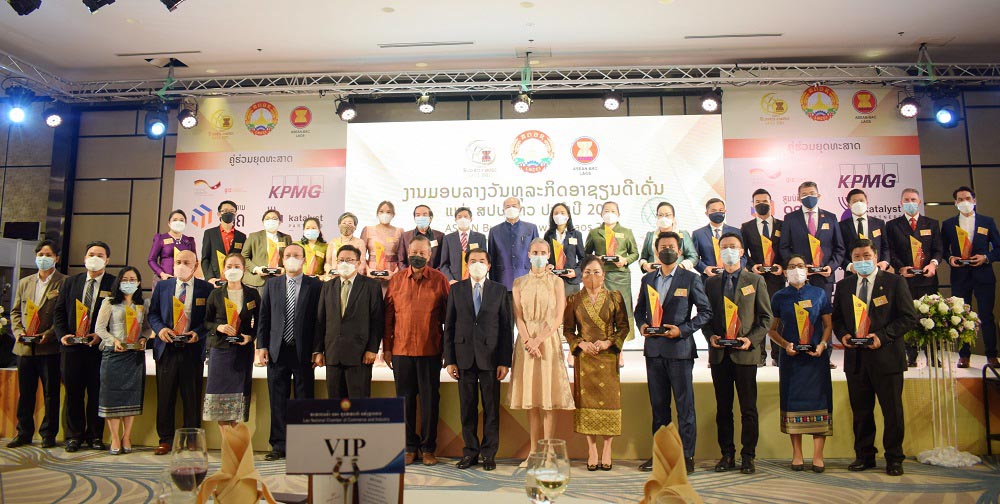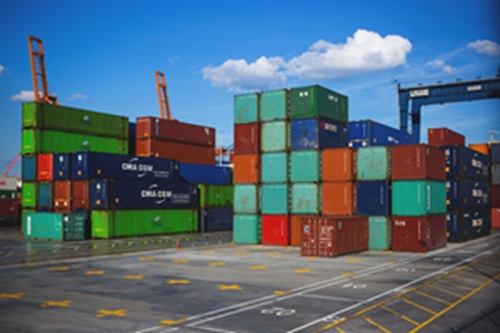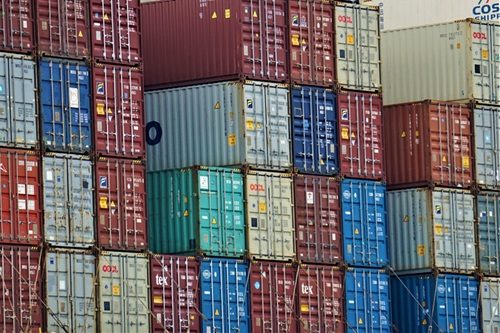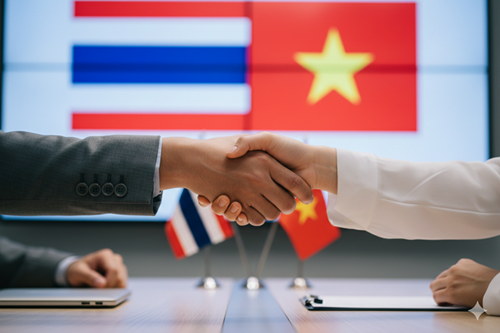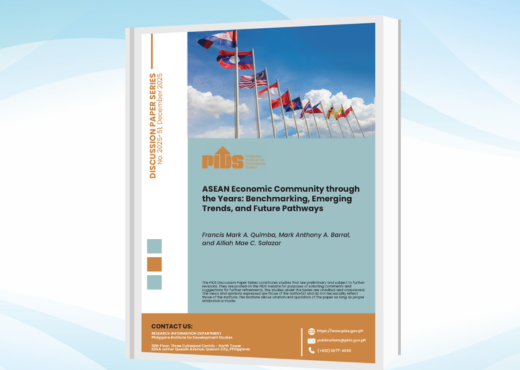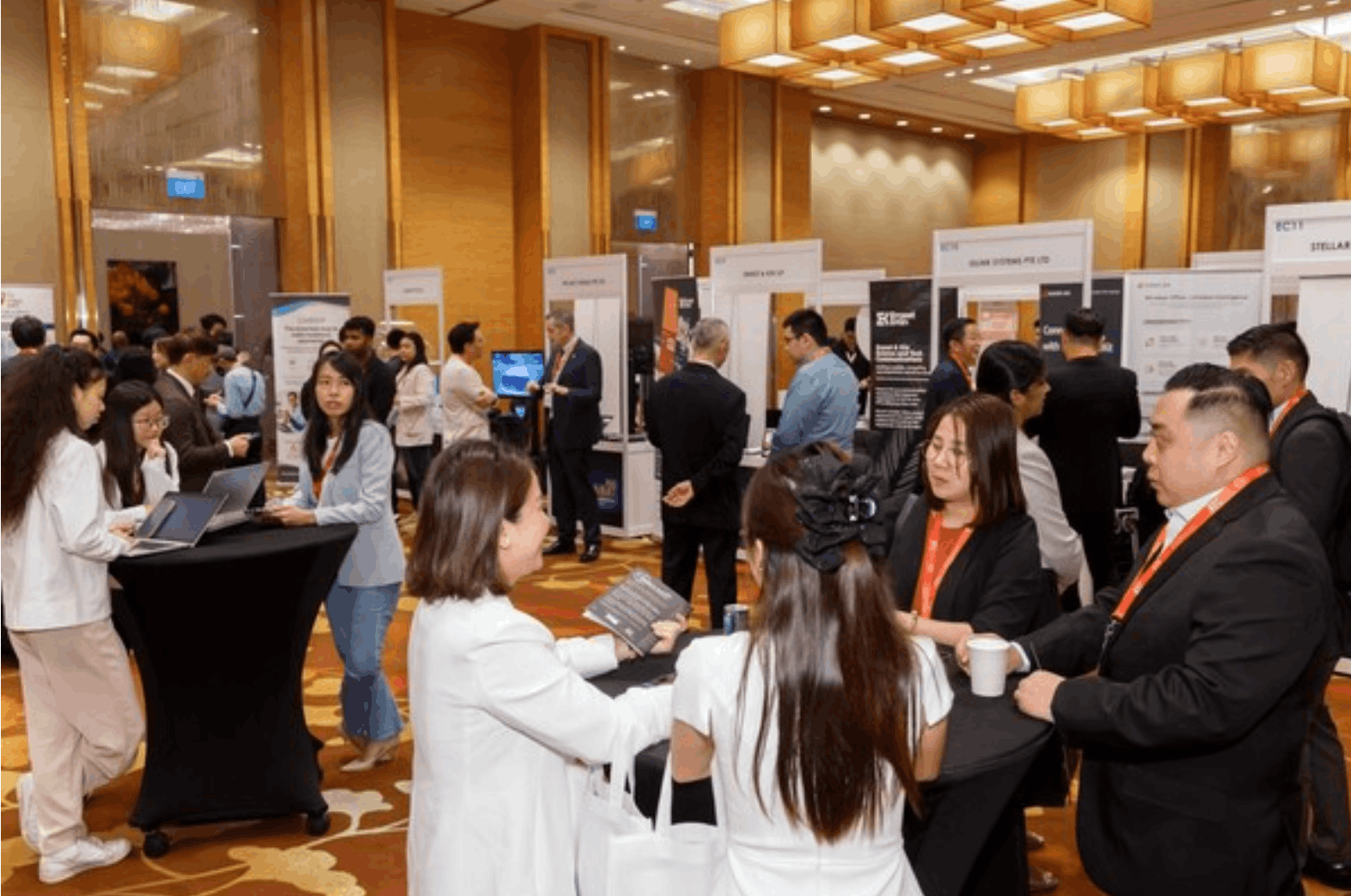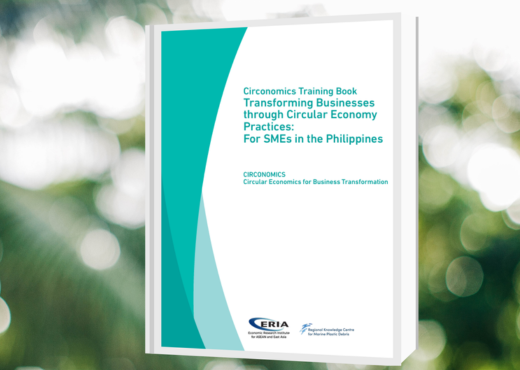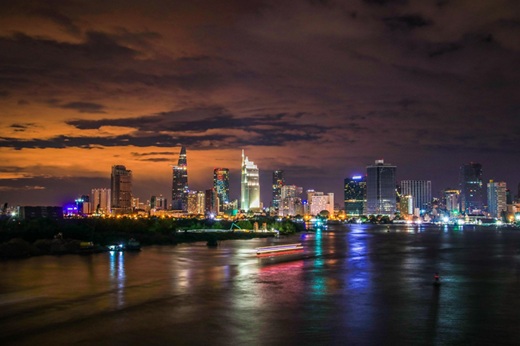Thailand’s exports surged in December 2025, rising 16.8% year-on-year to about US$28.8 billion, significantly beating market expectations of around 8.7%. This strong performance was led by electronics and electrical appliances, contributing to a 12.9% full-year export growth in 2025 — the highest in four years and highlighting Thailand’s continued trade momentum.
Despite the strong year-end figures, the Thai Ministry of Commerce warned that export growth could slow in 2026 due to headwinds such as a stronger Thai baht, rising U.S. tariffs, and ongoing global trade uncertainties, potentially dampening the export outlook for the year ahead.
Read more: Click!
Held at Marina Bay Sands Expo & Convention Centre on 03 December 2025, this year's summit convened more than 1,000 local and foreign business owners, founders, innovators, and ecosystem partners, reaffirming Singapore's commitment to strengthening its enterprise sector and supporting businesses in scaling beyond domestic borders.
Graced and officially opened by Guest of Honour, Mr Zhulkarnian Abdul Rahim, the SME Summit centred on the theme "From Local Strength to Global Impact."
In his opening address, Mr Zhulkarnian highlighted the importance of building strong business fundamentals, deepening enterprise capabilities, and accelerating innovation so that Singapore SMEs remain resilient and competitive in a rapidly globalising economy. He encouraged businesses to seize opportunities abroad while staying rooted in strong local values, industry collaboration, and community support.
A National Platform Advancing Enterprise Capability, Innovation, and Internationalisation
The SME Summit featured a full day of high-level discussions, keynote presentations, fireside chats, and thematic sessions designed to address the most pressing challenges and opportunities facing Singapore enterprises.
The full day summit's agenda covered key business topics and placed strong emphasis on:
1. Enterprise Capability Development
Sessions focused on practical frameworks for strengthening internal processes, financial resilience, leadership development, and future-ready talent strategies. Speakers emphasised that long-term competitiveness begins with strong core capabilities at home.
2. Digital Transformation & Innovation
Industry experts showcased the importance of cybersecurity adoption and implementation with SMEs and how advancements in digital tools, automation, data analytics, and artificial intelligence can boost operational efficiency and unlock new business models. Real-world case studies illustrated how SMEs can adopt scalable technologies without heavy upfront cost.
3. Global Expansion & Cross-Border Opportunities
The SME Summit brought regional and global market experts together to discuss emerging opportunities in Southeast Asia, the Middle East, and beyond. Several sessions explored international market entry strategies, global branding, cross-border partnerships, and the pivotal role of intellectual property in supporting overseas expansion.
4. Strengthening the Singapore Enterprise Brand
Panel discussions highlighted how the Singapore brand known for trust, reliability, and quality continues to give local enterprises an edge globally. Speakers shared how businesses can position themselves to ride on Singapore's reputation while differentiating their value proposition internationally.
One of the key highlights of the SME Summit was the fireside chat, titled "Scaling Beyond Singapore – SMEs for Global Expansion".
The fireside chat brought together business leaders and industry experts who shared insights on navigating new markets, building cross-border partnerships, leveraging digital tools and protecting intellectual property in global expansion efforts. The discussion emphasised the importance of capability building, innovation and strategic readiness as SMEs take bold steps toward internationalisation.
5. Recognising Committed Singapore SMEs for Business Excellence under the Singapore SME 500 Award
The SME Summit also provided a platform to acknowledge the commitment and perseverance of Singapore's SMEs that continue to uphold high standards of business excellence, capabilities and forward momentum.
As part of the SME Summit's agenda, outstanding and high performing local SMEs were recognised under the Singapore SME 500 Award (https://sme500.atc.sg) - one of Singapore's long running and highly regarded business award that celebrates enterprises strong business fundamentals, consistent fiscal performance, commitment to business excellence and the capability to scale.
These enterprises represent the resilience, adaptability and leadership that defines Singapore's enterprise community. Their achievements served as a testament to the importance of continues capability development and innovation, reinforcing the critical role SMEs play in driving economic growth and elevating the standards of the enterprise community.
The Singapore SME 500 Award also underscored ATC's commitment to honouring committed enterprises that embody the spirit of progress and business excellence, and are well positioned to scale further in the years ahead.
Showcasing Industry Solutions, Support for SMEs and Strengthening Partnerships
Alongside the conference programme, a dedicated exhibition segment brought together solutions providers, innovators, supporting agencies for local SMEs and ecosystem partners who showcased practical tools and resources that are designed to support SMEs in all stages their business development journey.
These included digital transformation solutions, cyber security providers, financial services, productivity solutions and foreign partners of ATC whom are ready to support Singapore SMEs' expansion across the border.
ATC expressed appreciation to all supporting partners, noting that strong and multi-stakeholder collaboration is essential to developing an enterprise ecosystem that is resilient, future ready and globally competitive. The SME Summit served as a meaningful platform for partners to meet business owners, exchange insights and explore new collaborations.
Growing Regional Recognition and Influence
Since the inaugural launch of the SME Summit, the summit has grown into a prominent regional platform for Singapore SMEs to congregate, network and collaborate.
Bringing Singapore SMEs and business leaders together from more than 15 industries and trade sectors, the SME Summit attracts increasing interest from ASEAN and Asia-Pacific markets. This year's turnout reflects the strong momentum and determination within Singapore's SME sector to elevate capability and pursue new frontiers of growth.
ATC also noted that with shifting global economic dynamics, supply chain realignment and rising digital adoption with the use of AI, the next decade presents one of the most significant windows of opportunities for Singapore's businesses to expand globally.
"The SMESummit 2025 underscores the readiness of Singapore enterprises to embrace innovation, scale their operations, and take their brands global.
This year's theme - 'From Local Strength to Global Impact' represents a clear ambition: to nurture strong business foundations locally while equipping SMEs with the capability, confidence and connectivity to grow internationally.
We extend our deepest appreciation to our Guest of Honour, partners, speakers and delegates for making this year's Summit a powerful and forward-looking platform for our enterprise community."
Dato Seri Ashraf Bakar, Council Member,
Association of Trade and Commerce (ATC)
About the Singapore SMESummit
The SMESummit, organised by the Association of Trade and Commerce (ATC), is an annual highly anticipated business event that brings together local Small-Medium Enterprises (SMEs), innovators, entrepreneurs, industry experts and thought leaders to explore the dynamic and ever-evolving landscape of our local SMEs.
ATC and partners of the SMESummit brings a wealth of experience and expertise, and with a keen understanding of the challenges and opportunities that SMEs face, the SMESummit agenda provides attendees with relevant insights, cutting-edge strategies, and unparalleled networking opportunities.
The SMESummit plays a pivotal role in connecting businesses, facilitating knowledge exchange, and ultimately contributing to the overall advancement of Singapore's SME sector.
Source: Straits Times, 10/12/2025 (Singapore SME Summit 2025 Drives the Theme "From Local Strength to Global Impact" as Singapore Enterprises Chart Their Next Chapter of Growth | The Straits Times)
A survey by Milieu Insight indicates that the rapidly growing Thai e-commerce market, which sees $87\%$ of consumers shopping online monthly or weekly, has undergone a fundamental shift from being purely price-driven to value-driven. While price factors like discounts and free shipping remain important, consumers are now increasingly prioritizing factors that build trust and reliability, such as wide product selection and credible customer reviews, and are unwilling to trade confidence for lower prices. This shift means the new "battleground is confidence," with 84% of consumers willing to pay more for reliable delivery, and 45% having switched platforms due to perceived unfair treatment. To close this satisfaction gap, the top platforms—led by Shopee, TikTok Shop, and Lazada—must focus on five key missions: making delivery reliability non-negotiable (as 79% reported issues), eliminating hidden costs, strengthening buyer protection to address consumer feeling that platforms favor sellers, investing in convenience innovations like Buy Now, Pay Later, and rewarding good service over mere sales volume to build buyer confidence for sustainable growth.
Read more: Click!


